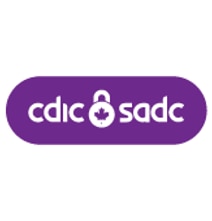Canada
Our local expertise
Citi is one of the country’s largest and longest-serving foreign banks, with roots in Canada dating back to 1919. With offices in Vancouver, Calgary, Montreal, Toronto and Mississauga, Citi's key strategic focus in Canada is to serve clients through Citi Banking, Capital Markets and Advisory; Citi Commercial Bank; Citi Markets; Citi Securities Services; Citi Treasury and Trade Solutions; Citi Private Bank and Citi Cards Canada.
Country Leadership

Raymond Gatcliffe
Country Officer and Chief Executive Officer for Citibank Canada
Quick Links
Media
Troy Underhill
Director of Public Affairs for Citi in Canada
canada.communications@citi.com
Addresses
Toronto – Head office:
123 Front Street West, Suite 1900
Toronto, Ontario M5J 2M3
Citi Commercial Bank in Canada

Citi Commercial Bank puts 200 years of experience to work for midsized, globally oriented companies by delivering actionable insights and ideas, comprehensive banking solutions and a truly global network.
Learn more about Commercial Bank at Citi or contact us.
Citi Foundation Selects NPower Canada as Grant Recipient
NPower Canada will receive $500,000 USD in grant support as part of Citi Foundation’s 2025 Global Innovation Challenge to launch the Digital Empowerment for Canadian Youth Initiative.



